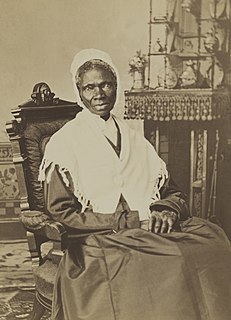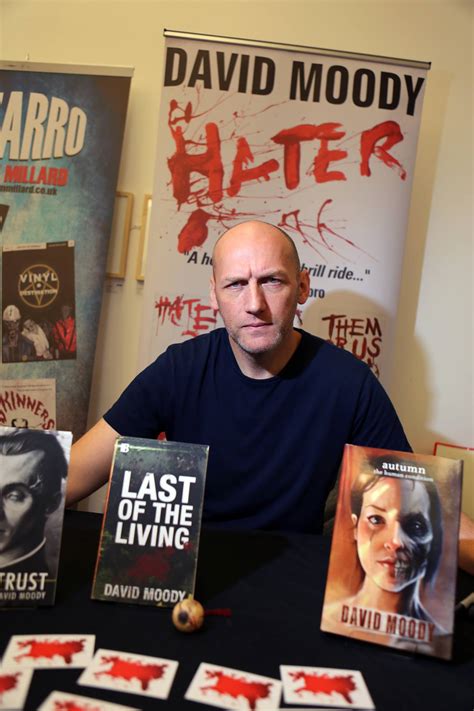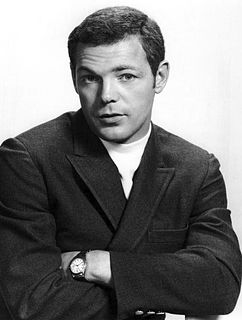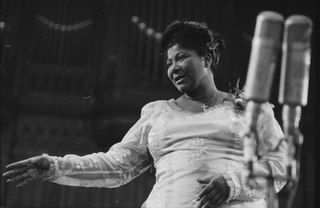A Quote by Toni Morrison
Alice thought, No. It wasn't the War and the disgruntled veterans; it wasn't the droves and droves of colored people flocking to paychecks and streets full of themselves. It was the music. The dirty, get-on-down music the women sang and the men played and both danced to, close and shamelesss or apart and wild...It made you do unwise disorderly things. Just hearing it was like violating the law.
Related Quotes
The psychological peer pressure that the left has employed - and deployed, actually - on young people has been overwhelmingly successful. It has created droves and droves of people that vote against what they know is right, vote against their own self-interest, in exchange for feeling good about themselves and also being immune from criticism.
There is a great stir about colored men getting their rights, but not a word about the colored women; and if colored men get their rights, and not colored women theirs, you see the colored
men will be masters over the women, and it will be just as bad as it was before. So I am for keeping the thing going while things are stirring; because if we wait till it is still, it will
take a great while to get it going again.
I never get enough of the adrenaline rush of hearing good music played live and played loud like this. Hearing these songs again snatches me out of the day-to-day and helps me forget all the things I usually waste my time worrying about. As long as the music's playing I don't have to do anything except listen, relax, and enjoy myself.
For as long as men and women have talked about war, they have talked about it in terms of right and wrong. And for almost as long, some among them have derided such talk, called it a charade, insisted that war lies beyond (or beneath) moral judgment. War is a world apart, where life itself is at stake, where human nature is reduced to its elemental forms, where self-interest and necessity prevail. Here men and women do what they must to save themselves and their communities, and morality and law have no place. Inter arma silent leges: in time of war the law is silent.
It is against the spirit of our non-discriminating times to openly prefer one sort of music to another, so let's just say that hearing grand orchestral music in a public place is exhilarating in a way that hearing popular music never can be, if only because, in a popular music age, a full orchestra is less familiar to our ears.
I do music mainly just for myself in the beginning, and of course it's great when I get a reaction, but I'm more interested in hearing something unusual to my ears, and that's what I'm also looking for in other people's music. It's not interesting to look for a sound that is made to make everyone on the planet move - I wanna have both, I want something danceable but very creative and unusual.
All of my friends are really good dancers, which was initially why I never danced - we'd go out and they would kill it and I'd be like, "Yeah, I'm just gonna sit at the bar." I broke my foot, and I couldn't run for a year, but I realized I could kind of dance. It reminded me how amazing dance is; it's so in tune with music - it is music. It's a physical expression of whatever music is. On stage, you're interacting with things - physical things. So I've really started to like and notice the way people move with music.






































